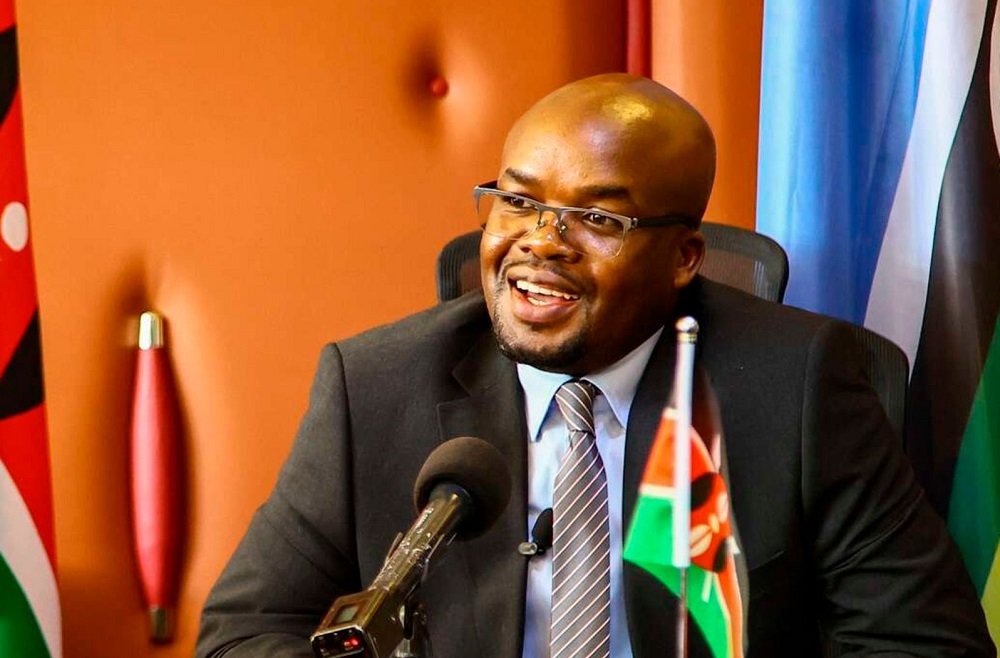The government will spend approximately Sh2.7 billion annually to pay stipends to village elders if the National Government Coordination (Amendment) Bill, 2024, which is currently at the committee stage, sails through.
According to Interior Principal Secretary Raymond Omollo, five elders for each sub-location will receive a monthly stipend of Sh5,000 each, marking a departure from their traditional role as volunteers.
“Using a rough estimate of five village elders in a sub-location who will be paid Sh5,000 monthly, it will translate to Sh226,676,000. We are looking at an outlook which, give or take, will be Sh200 million,” Dr. Omollo told the House Committee on Administration and Internal Security.
The PS informed the committee, which is deliberating on the Bill, that the resources required are manageable.
“We shouldn’t have a big problem convincing the National Treasury to give us the resources.”
The Bill has received overwhelming support from MPs, including the Committee Chairperson and Narok West MP Gabriel Tongonyo, who said the village elders play a critical role in offering leadership in villages.
“This is doable considering the much help that these village elders give to this country,” he said in support of the proposal.
On his part, Homabay Town MP Opondo Kaluma termed the move as long overdue owing to the important role that the elders play in the villages.
- Village elders to join civil service with up to Sh12,445 pay
- Compensate village elders to strengthen grassroots governance
- Prisoners to earn salaries, pay taxes in proposed reforms
“The biggest hindrance to the formalization of village elders has been finances. It is something that we have failed several times to unlock. Now that it is coming from the relevant department, a burden has been taken from us,” he said.
In May, it was announced that village elders would be integrated into the civil service, potentially receiving a monthly stipend ranging from Sh7,000 to Sh12,445, a figure that has now been lowered to Sh5,000.
Throughout Kenya’s history, village elders have played a crucial role in grassroots governance.
These elders, better known as headmen or ‘wazee wa mtaa,’ are picked based on their tenure in the community, knowledge and familiarity with the area, integrity, and experience.



